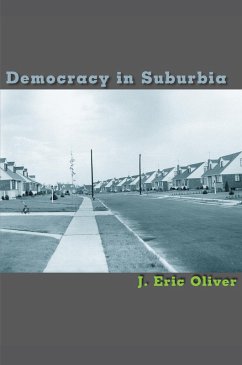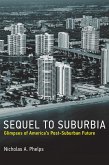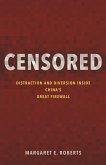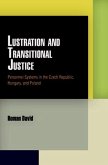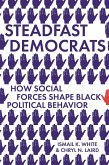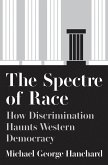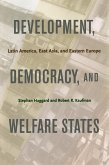Suburbanization is often blamed for a loss of civic engagement in contemporary America. How justified is this claim? Just what is a suburb? How do social environments shape civic life? Looking beyond popular stereotypes, Democracy in Suburbia answers these questions by examining how suburbs influence citizen participation in community and public affairs. Eric Oliver offers a rich, engaging account of what suburbia means for American democracy and, in doing so, speaks to the heart of widespread debate on the health of our civil society.
Applying an innovative, unusually rigorous mode of statistical analysis to a wealth of unique survey and census data, Oliver argues that suburbs, by institutionalizing class and racial differences with municipal boundaries, transform social conflicts between citizens into ones between political institutions. In reducing the incentives for individual political participation, suburbanization has negated the benefits of ''small town'' government and deprived metropolitan areas of valuable civic capacity. This ultimately increases prospects of serious social conflict.
Oliver concludes that we must reconfigure suburban governments to allow seemingly intractable issues of common metropolitan concern to surface in local politics rather than be ignored as cross-jurisdictional. And he believes this is possible without sacrifice of local government's advantages. Scholars and students of political science, sociology, and urban affairs will prize this book for its striking findings, its revealing scrutiny of the commonplace, and its insights into how the pursuit of the American dream may be imperiling American democracy.
Applying an innovative, unusually rigorous mode of statistical analysis to a wealth of unique survey and census data, Oliver argues that suburbs, by institutionalizing class and racial differences with municipal boundaries, transform social conflicts between citizens into ones between political institutions. In reducing the incentives for individual political participation, suburbanization has negated the benefits of ''small town'' government and deprived metropolitan areas of valuable civic capacity. This ultimately increases prospects of serious social conflict.
Oliver concludes that we must reconfigure suburban governments to allow seemingly intractable issues of common metropolitan concern to surface in local politics rather than be ignored as cross-jurisdictional. And he believes this is possible without sacrifice of local government's advantages. Scholars and students of political science, sociology, and urban affairs will prize this book for its striking findings, its revealing scrutiny of the commonplace, and its insights into how the pursuit of the American dream may be imperiling American democracy.
Dieser Download kann aus rechtlichen Gründen nur mit Rechnungsadresse in A, D ausgeliefert werden.

